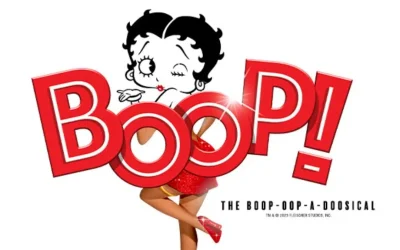On Sunday, a few hours before the Dallas Cowboys set a regular-season attendance record in its game against the New York Giants, another NFL team was wondering just how many fans would bother to show up.
At the Jacksonville Jaguars game against the Arizona Cardinals, paid attendance totaled about 46,500, more than 20,000 tickets short of capacity at Jacksonville Municipal Stadium for Jaguar games. The attendance was reportedly the lowest for a Jaguars game since December 2003, and the week before the Cardinals had trouble selling out its home opener, despite appearing in last season’s Super Bowl.
Jacksonville is one of close to a dozen NFL teams that are faced with the risk that some, or in the Jaguars’ case all, of their home games will be blacked out on local television, as part of the league’s nearly 40-year-old rule that requires a game to be sold out before it is televised. Despite the tough economy, the league is sticking to the policy because at least 20 of the 32 teams have sold out their home games, in addition to the fact that the league never relaxed the rule in past recessions.
Before the season started, NFL Commissioner Roger Goodell told The Washington Post that the league was well aware of the challenges to sell tickets in some cities. “And we’ll have other markets where we’ll have those challenges. It’s all part of the challenges we’re seeing in the economy and what our fans are going through,” he said.
But with the prospect of a third of the league facing blackouts, how will that affect ticket brokers? Depends on who you ask because some believe their NFL sales may suffer, while others think blackouts might be a good thing that will help spur sales. One of the teams, the Minnesota Vikings, were one of those blackout bubble teams, but they are now 2-0 and will likely sell out this season because of the excitement surrounding running back Adrian Peterson and quarterback Brett Favre.
“It means more people head to a bar – where they have the NFL [satellite TV] package and watch the game,” said one broker, who believes blackouts will hurt the secondary ticket market because prices “will just tank.”
NFL spokesperson Brian McCarthy did not immediately return a message seeking comment. The league will rebroadcast blacked out games for free on its Web site the next day.
Brokers have long benefitted from secondary sales of NFL tickets, traditionally one of the most sought-after tickets in sports, if not all of the live entertainment industry. Many brokers have bought season tickets over the years or have cultivated vast networks of season ticket holders to obtain tickets, but the 2009 season could prove to be one of the more difficult ones in which to move tickets.
“Some of those small market or bad-selling teams are in trouble, especially if no salary cap goes into effect for next year,” the broker said. The league and the players’ union are facing an unrestricted salary market next season while the two sides hammer out a new collective bargaining agreement.
Jeff Greenberg, owner of ASC Ticket, however, believes black outs will lift all ticket sales and could prove to be a boon for brokers. “Anytime you force people to attend something, there’s a strong chance sale will go up.”
While he acknowledges that primary ticket sales – Ticketmaster or the team’s box office – will see the most increase in sales in a black out situation, he believes fans will also turn to brokers for convenience, customer service and better seats.
“I think it could be a positive,” he said. “I think more people will end up buying from us [brokers].”




